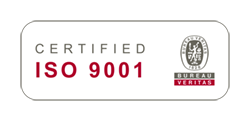- Solutions
- Innovation
- Software
Get Aimsun Next
Use Aimsun Next
About Aimsun Next
- About
Research projects
Research and development form the bedrock of Aimsun’s digital mobility solutions.
Our dedicated research team is involved in multiple funded research projects, divided into four basic areas of activity:
Aimsun’s research team is constantly striving to improve the driving behaviour models that sit at the heart of Aimsun digital mobility solutions, whether by incorporating new models or enhancing the calibration and transferability of existing algorithms.
Aimsun is committed to a new generation of multimodal transport planning tools and collaborates with stakeholders to develop innovative methodologies to integrate data into a mobility modelling platform.
Aimsun is proud to work with universities and research institutes to test cutting-edge technologies to successfully integrate connected and autonomous vehicles (CAVs) into the transportation network.
Aimsun facilitates the development of traffic simulation frameworks, including data streams of connected transport systems, modules for pattern detection and modules for demand and supply management.
Projects in progress
Driving behaviour
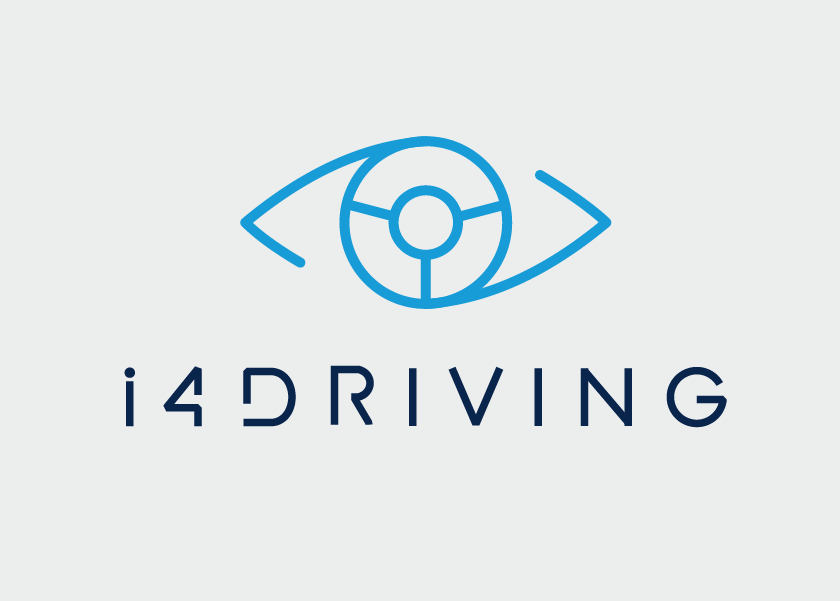
i4Driving
Driving behavior
Connected and Intelligent Transport
Human factors
Funded by: Horizon Europe
Dates: October 2022 – October 2025
i4Driving aims to develop and deliver a new library of credible models of heterogeneous human driver behaviours. This library will provide a human road safety baseline for cooperative, connected and automated mobility virtual assessment.
Aimsun’s role is to provide a solid traffic simulation framework capable of testing safety-critical scenarios, providing meaningful insights into safety, traffic and energy efficiency through data analysis.
Additionally, Aimsun will facilitate the understanding of the newly developed human driver models by developing a fully automated sensitivity analysis pipeline which will unveil the most important factors behind the human behaviour in the scenarios developed by the project.
By utilising existing and newly developed Application Programming Interfaces (APIs), Aimsun will connect to external traffic simulation and driving simulator software to ensure the realistic evaluation of the newly developed human-driver models.

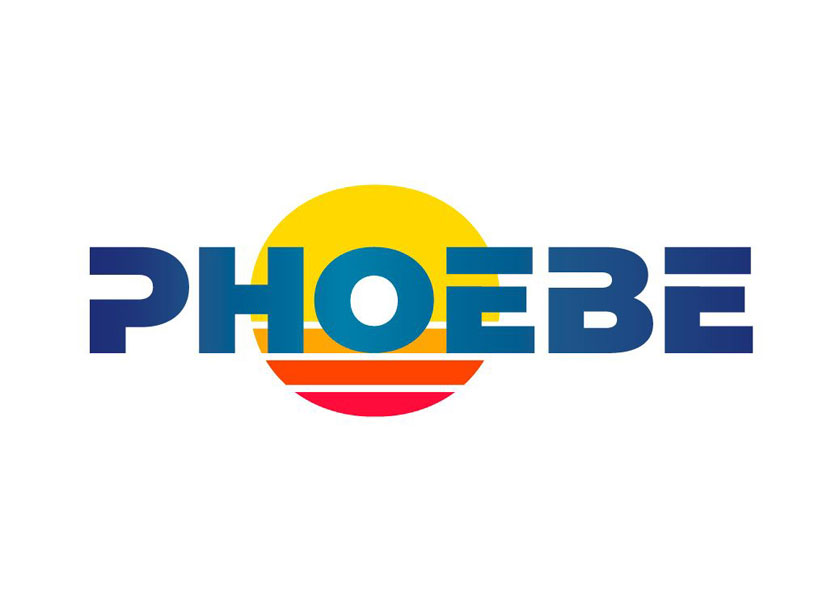

PHOEBE
Road safety
Vulnerable road users
Safety simulation
Funded by: Horizon Europe
Dates: November 2022 – July 2026
The PHOEBE project is developing a predictive safety assessment framework that is integrated, dynamic, scalable, and human-centered. Cities can use the framework as an efficient and cost-effective blueprint for handling safety assessments.
Aimsun’s role is to provide simulation solutions for three test cases in the West Midlands (UK), Athens (Greece) and Valencia (Spain). All three test cases want to encourage modal shift but without compromising the safety of vulnerable road users.
The West Midlands test case analyses the impact of allocating more road space to modes like walking or cycling; Athens is considering implementing 30km/h zones and encouraging use of public transport; Valencia wants to encourage non-motorized mobility and improve the cycle lane network.
Aimsun simulations will benefit from the integration of cutting-edge models developed by PHOEBE project partners as well as the iRAP road safety assessment tool, which can enable dynamic road safety assessment based on prevailing road conditions, like traffic or weather.
Multi-modal transport planning
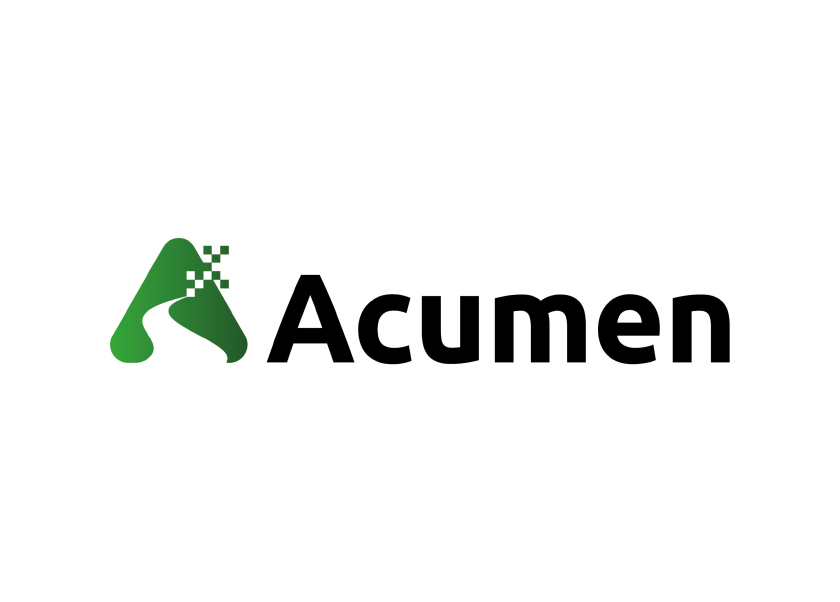
ACUMEN
Mobility as a service (MaaS)
Multimodal
Public transport
Funded by: Horizon Europe
Dates: June 2023 – May 2026
The ACUMEN project aims to achieve true, seamless, door-to-door, multimodal mobility. This ambitious goal requires state-of-the-art technology and the cooperation of multiple stakeholders.
Aimsun’s role covers most aspects of the ACUMEN project.
In terms of methodology and research, Aimsun will process and filter big data in a cost-effective manner, as well as benchmarking new developments against its own state-of-the-art techniques.
Aimsun will also contribute to setting up stress test scenarios to assess the resilience of the mobility solutions against changes in demand or supply and analyze how this affects the quality of service and the smoothness of travel.
Aimsun’s simulation platform will form the base for improving existing mobility models of the use case cities, to provide a comprehensive and up-to-date environment for virtual testing. The Aimsun models will be integrated into the ACUMEN digital twin architecture, which contains the new modal shift strategies to be tested.

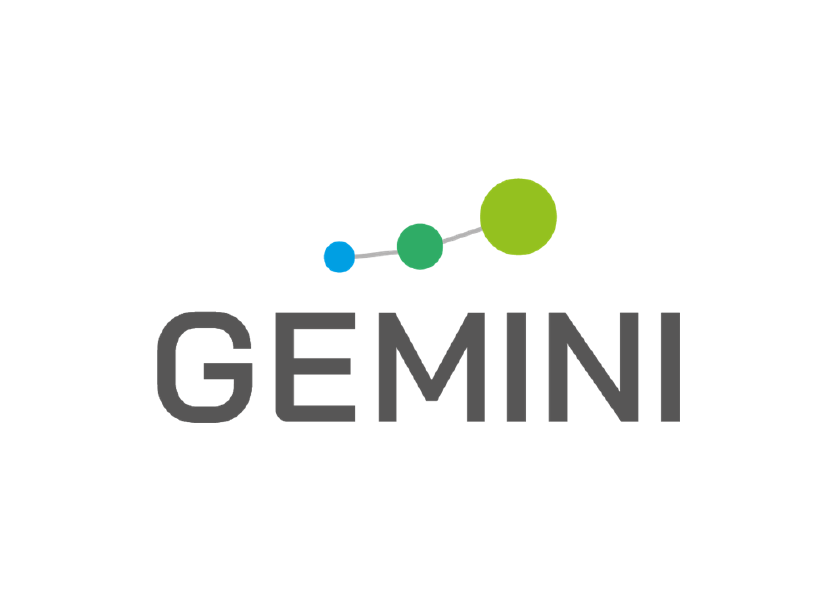

GEMINI
Mobility as a service (MaaS)
Public transport
Artificial intelligence
Funded by: Horizon Europe
Dates: 2023 – 2026
The GEMINI project (“Greening European Mobility through cascading innovation Initiatives”) aims to accelerate the progress towards climate neutrality by reinforcing a modal shift. This will be achieved by the demonstration and uptake of new shared mobility services, micro-mobility and their integration with public transport in new generation MaaS (Mobility as a Service) services.
Aimsun’s role in GEMINI is as technology provider for traffic management models in the Munich Mobility Living Lab.
Aimsun will lead the development of the parking simulation model to offer a simulation tool that enables better parking access management at the Allianz Arena (FC Bayern football stadium) during sports and other significant events.
The Aimsun team will lead the design and development of a parking and traffic prediction service based on artificial intelligence and will also contribute to developing a macro or mesoscopic model of Munich to evaluate alternative mobility offerings against the current situation.

GREEN-LOG
Sustainable last-mile logistics
Logistics-as-a-service
Service and fleet management
Funded by: Horizon Europe
Dates: 2023 – 2026
GREEN-LOG aims to accelerate systemic changes in last-mile delivery ecosystems for sustainable urban logistics.
The project provides cargo-bike based innovations, integrates parcel deliveries in public transportation systems for multimodal logistics, and investigates automated delivery concepts such as AVs and delivery drones.
Aimsun’s role is to extend and recalibrate the network models required for conducting simulation-based assessments of new last-mile logistics concepts in testbeds in Athens, Barcelona, Flanders and Oxfordshire.
Aimsun will also be responsible for extending its own solution for simulating demand-responsive transportation with the new features necessary for analysing last-mile logistics concepts.

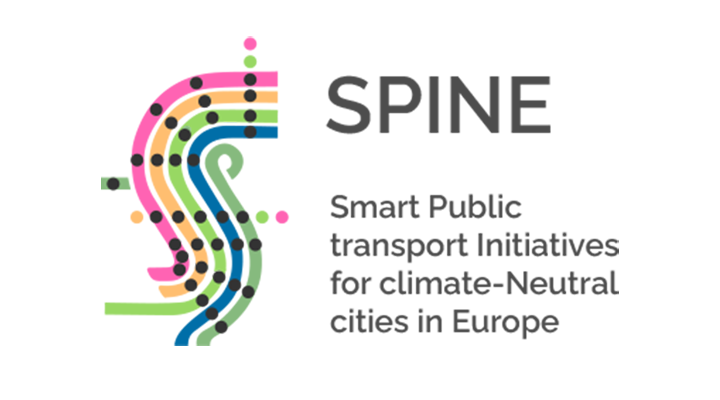

SPINE
Public transportation
Multimodal transport
Modal shift
Funded by: Horizon Europe
Dates: 2023 – 2026
The SPINE project proposes smart public transport initiatives to help European cities achieve climate neutrality. The aim is to integrate public transport systems with new mobility services, connected and automated mobility, sharing schemes, active transport modes, and micromobility.
SPINE Living Labs in 11 cities will drive this transition, piloting improved public transport access combined with advanced urban and peri-urban mobility services.
Aimsun’s role is to help design and develop the digital tools, platforms, applications and supporting models for digital impact assessment. SPINE includes simulation models for seven cities, including two multimodal simulation models specifically developed by Aimsun.
A configurable analysis tool will transform policy questions into modelling problems, modelling policy measures as parametric simulations, followed by what-if analysis, to identify a flexible and scalable array of measures to increase public transport modal share and user satisfaction.
Cooperative, connected and automated mobility (CCAM)

CONDUCTOR
Multimodal transport
Network mobility optimization
Integrated transport management
Funded by: Horizon Europe
Dates: 2022 – 2025
CONDUCTOR aims to design, integrate and demonstrate advanced, high-level traffic and fleet management solutions, through dynamic balancing and priority-based management of automated and non-automated vehicles.
Through CONDUCTOR, existing models and technologies will be upgraded to fit future mobility needs placing autonomous vehicles at the centre of future cities.
Aimsun’s role is to integrate the upgraded traffic and fleet management systems into Aimsun traffic simulations and to support the multi-resolution traffic simulations and data fusion for transport network state.
Aimsun will play a major role in the Madrid case study, managing incidents for recovering the transport network operations will be investigated under the presence of connected and autonomous vehicles; the team will also work on solutions for last-mile delivery, based on the integration of urban distribution of goods in the public transport supply infrastructure.

Network, demand and traffic management
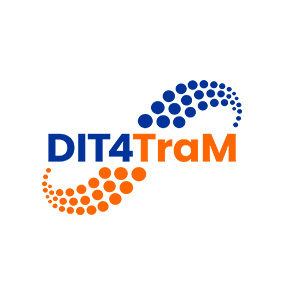
DIT4TraM
Decentralized management
Multimodal mobility
Connected and intelligent transport
Funded by: Horizon Europe
Dates: 2021 – 2024
The DIT4TraM project looks at distributed intelligence and technology for traffic and mobility management. The focus is on how individual agents such as travelers, connected cars, smart bicycles, and intelligent traffic control systems can communicate and interact locally in such a way that they automatically contribute to the greater goal of a smooth and safe traffic flow.
Three testbeds are Bordeaux (intersection level), Athens (city level) and the AP-7 highway in Barcelona province (regional level).
Aimsun’s role is to facilitate the integration of Aimsun’s modelling toolkit with external modules that are responsible for mobility, network and traffic management using decentralized, distributed, cooperative and negotiation-based control paradigms.
Existing Aimsun APIs will be applied and extended to enable the configuration, application and evaluation of disparate uses-cases for i) incentive-based co-operative and connected traffic management, and ii) co-operative multi-class distributed traffic management in urban and interurban settings.

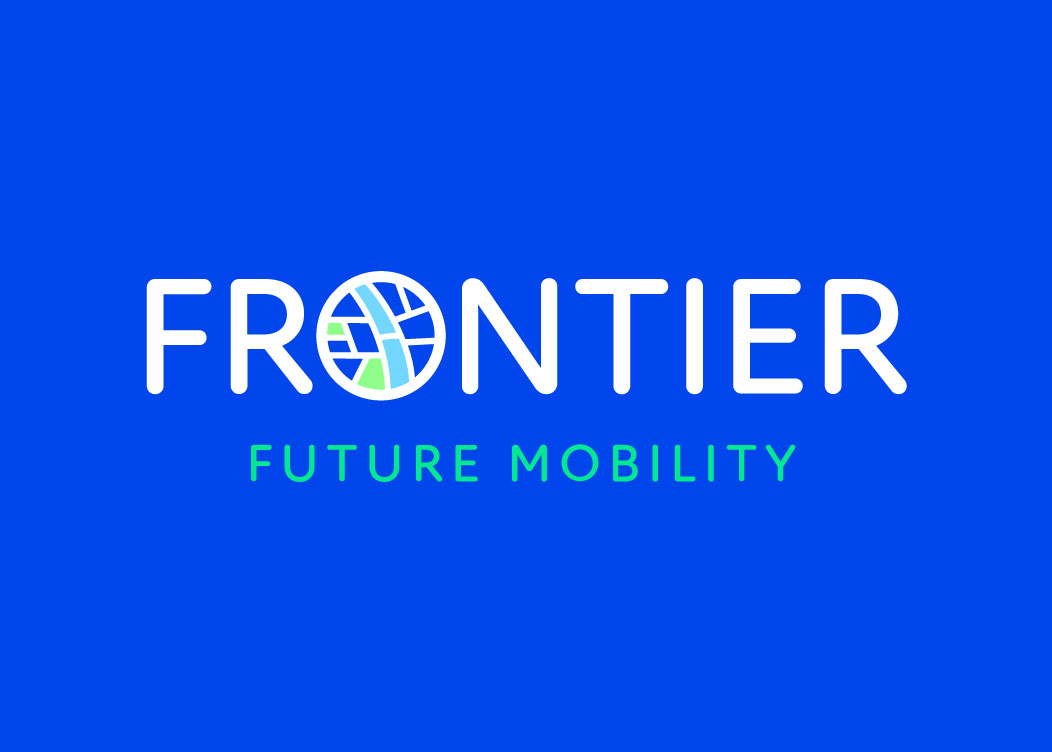

FRONTIER
Integrated transport management
Connected and intelligent transport
Artificial intelligence
Funded by: Horizon Europe
Dates: 2021 – 2024
The FRONTIER project investigates next generation traffic management, integrating automated vehicles, cross-stakeholder collaboration, and proactive multi-modal network optimization.
Testbeds are in Oxfordshire, Athens, and Antwerp, where the aim is to create the ultimate integrated network and traffic management systems, that favour driverless automation, seamless transfer among different modes of transport, better collaboration among different stakeholders, improved safety, and lower emissions.
Aimsun’s role is to develop a traffic simulation framework including new data streams of future connected and automated transport system, modules for traffic events and patterns detection and modules for demand and supply management.
The Aimsun team also contributes to the development of modules for traffic patterns and events detection, as well as the generation of transport system management strategies for network optimization and the development of cooperation agreements and decision approaches for arbitration.
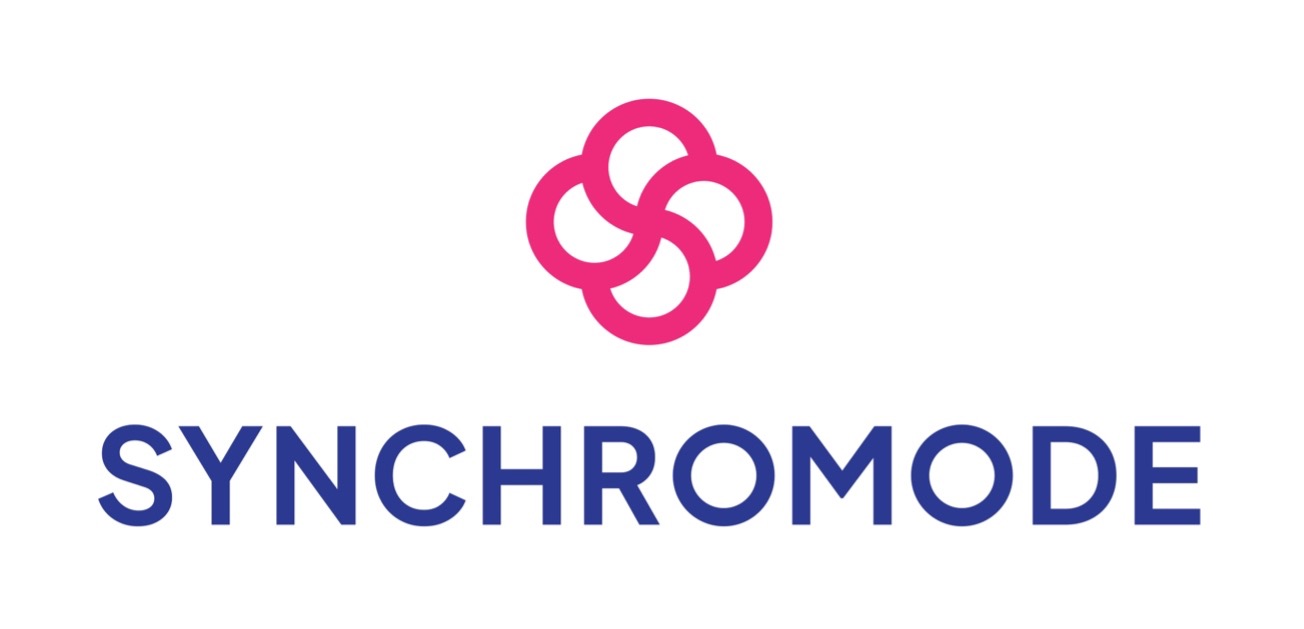
SYNCHROMODE
Integrated multimodal management
Network mobility optimization
Artificial intelligence
Funded by: Horizon Europe
Dates: May 2023 – April 2026
SYNCHROMODE aims to develop a data-driven ICT (Information and Communication Technology) toolbox for improving the management of transport operations from a multimodal perspective. The project will provide new predictive and network optimization capabilities for balancing supply and demand.
Three testbeds in Madrid, South Holland and Thessaloniki will demonstrate the effectiveness of integrated multimodal management solutions.
Aimsun’s role is to lead the simulation-based demand-supply interaction modelling task. The team has a major role in modelling multimodal management interventions in a simulation environment and the estimation and prediction of traffic states.
The team will develop calibration approaches for the demand and supply and research the application of Graph Neural Networks to meta-models for traffic forecasting.
In Madrid, Aimsun´s solutions for simulating shared mobility will be extended with new features necessary for analyzing the integration of last-mile delivery with public transport services.

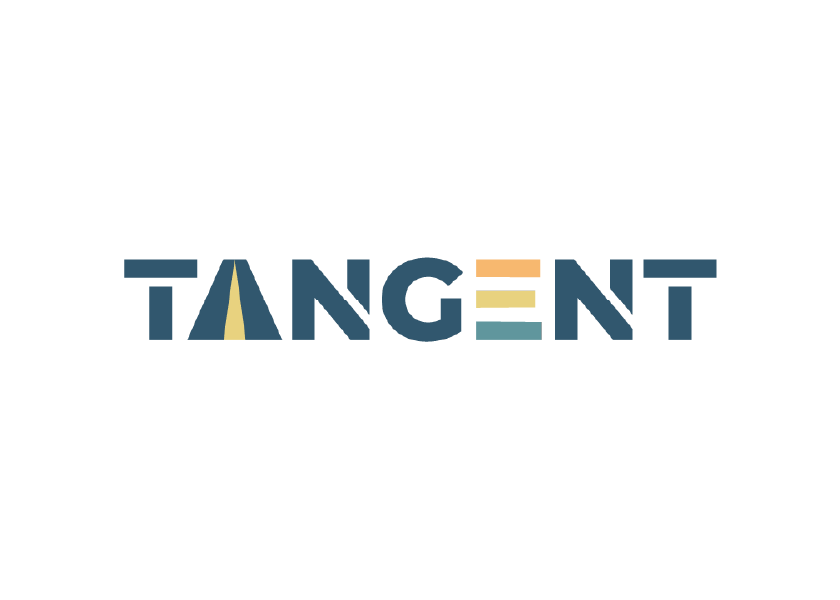

TANGENT
Multimodal
Artificial intelligence
Coordinated Transport Management
Funded by: Horizon Europe
Dates: 2021 – 2024
TANGENT aims to develop tools for optimising traffic operations from a multimodal perspective including automated/non-automated vehicles, passengers and freight transport.
The results will be tested in Rennes, Lisbon, Manchester and, virtually, in Athens.
Reduction targets are 10% in travel time, 8-10% in CO2 emissions, 5% in incidents, 5-10% increase in use of public transport and active modes, with a 10% cost saving due to more efficient management.
Aimsun’s role is to research and model behaviours related to travel demand and supply prediction, extending the traffic simulation software and modelling capabilities with data-driven models for better performance.
The Aimsun team will also contribute to the integration and development of the TANGENT decision-making support tool for coordinated traffic and transport management as well as to the development of the baseline traffic simulation demonstrations, and implementation of scenarios for multimodal traffic management and services in a simulation environment.
Completed projects
The C-Roads Platform is a cooperation of EU member states and roadoperators working on the deployment of harmonized and interoperable C-ITSservices in Europe.
For this project the modeling team developed a model of Bristol Airport to demonstrate the benefits and prove the business case for an autonomous pod on demand (POD) shuttle service, over and above the existing shuttle bus service available on the site.
For the Queen Elizabeth Olympic Park study, the main objective was to investigate the quantity of pods required in order to provide the appropriate level of service.
Holistic Approach for Providing Spatial & Transport Planning Tools and Evidence to Metropolitan and Regional Authorities to Lead a Sustainable Transition to a New Mobility Era
Successful completion of a 230-mile journey across the UK for an autonomous, human-like vehicle in real-world driving conditions.
Integrated Multimodal Airport Operations for Efficient Passenger Flow Management
Processing existing datasets to understand the parameters for modelling human drivers and how to extend them to create vehicle rules for CAVs.
Development and application of Aimsun to the assessment of autonomous and connected vehicles.
Modelling Emerging Transport Solutions for Urban Mobility
New tools to plan, manage and monitor demand-responsive transport solutions in Lisbon, Barcelona, and Thessaloniki.
Our team provided the project’s core traffic simulation environment, used to identify areas where real-world testing would be necessary.
Proactive SAFEty systems and tools for a constantly UPgrading road environment
A Munich testbed for connected and automated vehicles, including a lane-free driving model.
To significantly improve test efficiency when evaluating multiple driving scenarios, simultaneously replicating the behaviour and actions when faced with obstacles in a realistic and consistent manner.

